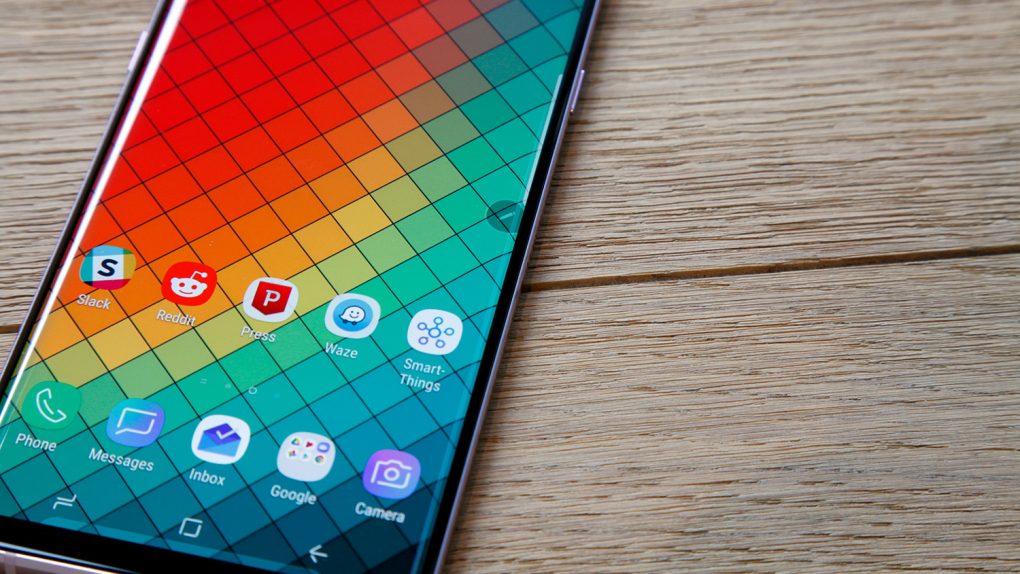There are a few things about Samsung smartphones that are objectively true. Whether or not you’re a fan of the company’s smartphones and you use them yourself, you must be able to acknowledge that they’re among the best phones in the world. Samsung’s flagship smartphone designs are stunning and entirely unmatched among Android phone makers. In just a few short years, Samsung went from releasing flagship phones that felt tragically cheap and plasticky to building the best premium smartphones available today. The sleek curves on the front and back that extend through the glass panels and over the aluminum edges is a wonderful signature that looks beautiful and feels great in the hand. Samsung phones are also of course among the most powerful mobile devices on the market each and every year. Performance has never been a problem for Samsung and this year’s Galaxy S9, Galaxy S9+, and Galaxy Note 9 are the latest in a long line of lightning-fast Android phones from the world’s top-selling smartphone vendor.
Samsung’s flagship phones indeed have plenty of strengths, but there are also some things people really hate about Galaxy handsets. If a new leak pans out, however, Samsung might be working hard to fix the one thing people hate most about its smartphone lineup.
Dutch Samsung news blog GalaxyClub found something quite interesting while digging around on the GFXBench website. GFXBench 5.0 is one of the most popular benchmark tests used to measure a smartphone’s graphics performance. Like other benchmark test services, GFXBench collects anonymous information each time a test is run so that it can aggregate the results.
Here is a screenshot from the results page that the Dutch blog came across:

The test shows information about a Samsung Galaxy S9+ with model number SM-G965, which is a phone we’re all quite familiar with. But if you look at the information in the first box at the top of the image, there’s something there that we’re all quite unfamiliar with: Android 9.0 Pie running on a Galaxy S9+. Also important is the note that reads “INVALID Android Samsung-ss Edition,” which is a common indication that this is a phone running official test firmware from Samsung.
Android 9 is the latest big Android update, so isn’t it obvious that Samsung is testing it? Yes and no. If Samsung is already at the point where it’s running third-party benchmarks, it may be farther along than we would expect at this point. Android 9.0 Pie was released less than a month ago, and Samsung is notoriously slow when it comes to updating its smartphones, which is definitely the thing most people hate most about Galaxy devices. But the new “Project Treble” feature that Google introduce in Android 8.0 Oreo might help speed things along. Treble separates core Android code from the layer that contains the various customizations made by phone vendors, thus making it easier to administer, test, and deploy Android software updates. If today’s leak is any indication, it could be working.
The issue of slow updates with Samsung phones has in the past prevented some savvy Android fans from even considering the company’s flagship phones. But if recent handsets are quickly upgraded to Android Pie, it could open the door for upcoming phones like the Galaxy S10 to an even bigger potential customer base.








